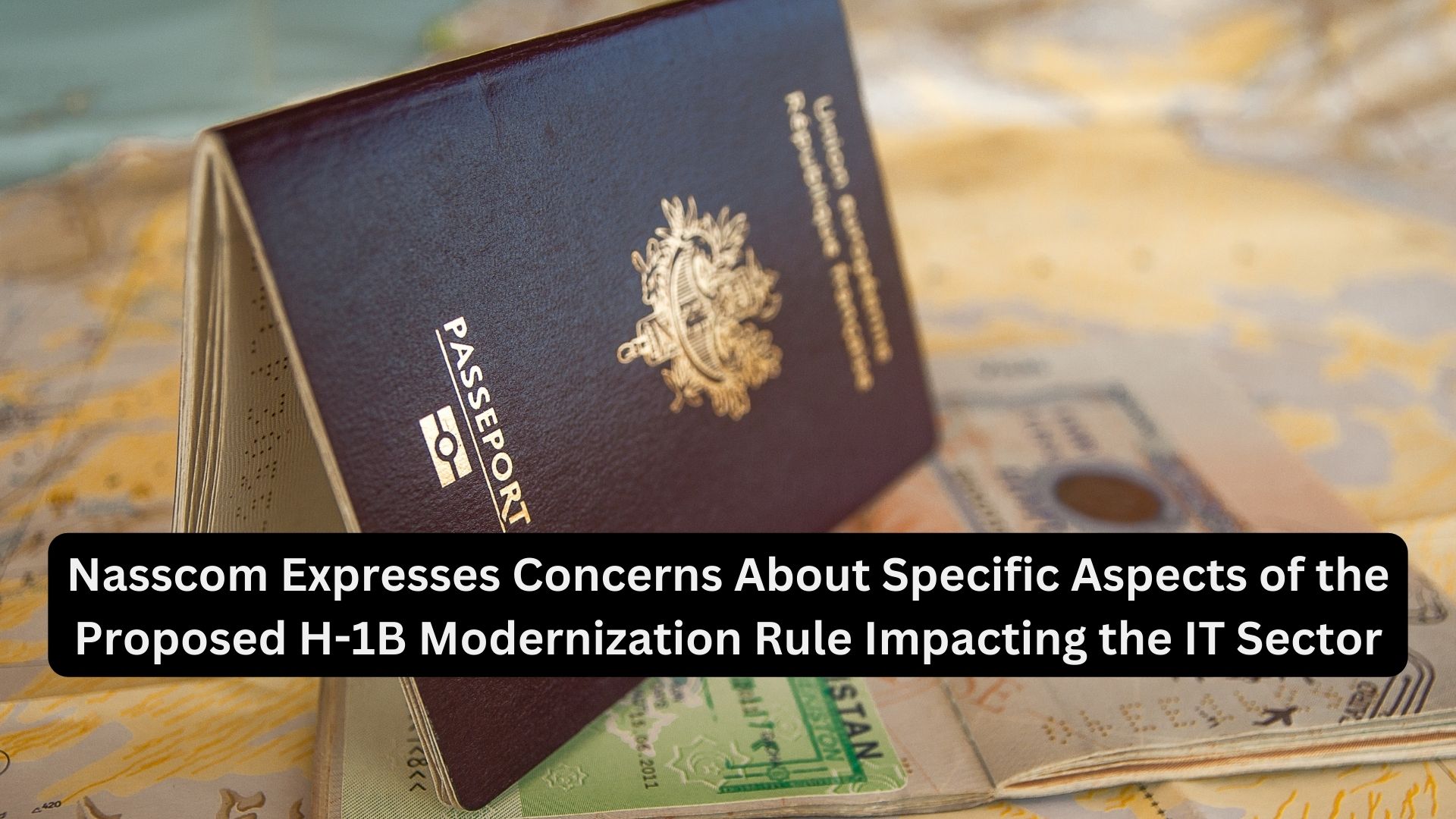
Nasscom, the trade association representing the Indian IT sector, has expressed concerns about specific aspects of the proposed modernization rule for the H-1B program released by the Department of Homeland Security (DHS).
One primary concern raised by Nasscom is the proposed tightening of the definition and requirements for H-1B ‘specialty occupations.’ This modification could potentially limit the pool of eligible applicants for H-1B visas, overlooking the evolving nature of the modern workforce, which is not entirely reflected in the current Immigration and Nationality Act (INA). These changes, along with other challenges outlined in the proposed rule, could create difficulties for companies seeking to hire skilled workers for critical yet unfilled positions within STEM fields.
Currently, there is a 60-day public comment period for the proposed rule, during which Nasscom plans to submit comprehensive comments addressing the concerns of the IT sector.
Cyrus D. Mehta, an immigration attorney based in New York, highlights specific features in the proposed rule that could incentivize the United States Citizenship and Immigration Services (USCIS) to issue requests for evidence and potentially deny H-1B applications. Notably, a job position may not qualify as a ‘specialty occupation’ for H-1B purposes if a general degree, such as business administration or liberal arts, without further specialization, is sufficient for the role. For instance, an H-1B petition for a marketing manager with a general business administration degree and no specialization in marketing may face potential rejection. Additionally, the comments to the rule suggest that a software developer’s role requiring an engineering degree in any field of engineering may not generally meet the legal requirements for H-1B classification.
A substantial portion of H-1B visas is held by Indian professionals working in the technology sector. The proposal introduces a provision that when an H-1B worker is assigned to a third party, the requirements of that third-party organization, rather than the sponsoring employer, become the primary consideration for determining if the position qualifies as a specialty occupation.
This change presents a mixed bag of implications. Mehta points out that obtaining such justifications from a client, on behalf of the sponsoring employer, could be a challenging task and may lead to an increase in requests for evidence and potential H-1B application denials. However, on a positive note, there will no longer be a requirement to demonstrate an employer-employee relationship under common law, which had often been used by the USCIS to deny visa applications in cases where the employer couldn’t establish control over the H-1B worker’s employment at a third-party site.
Nasscom acknowledges and commends various favorable modifications outlined in the proposed rule, which reflect the Biden Administration’s recognition of the significant gap between the supply and demand for skilled workers. These changes are expected to streamline the H-1B process and reduce the burden on both employers and potential beneficiaries as they navigate the lottery and application procedures. Some of the welcomed changes include expanded definitions for cap-exempt employers and increased flexibility in the start dates for H-1B applicants.
Also Read
